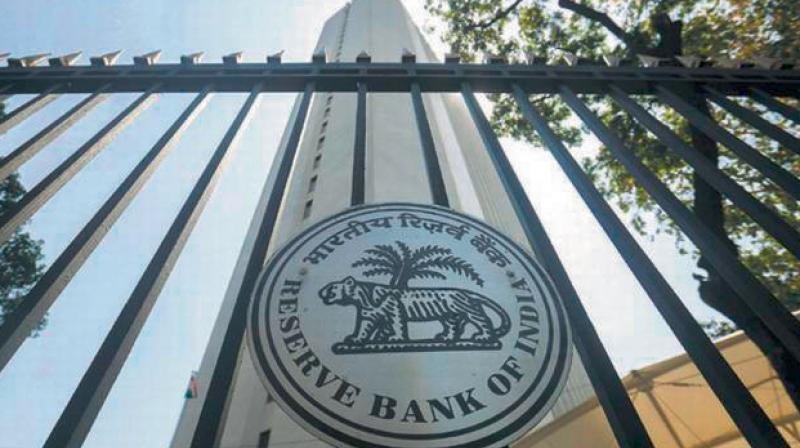The global economy has been rattled by scorching inflation and geo-political tensions, forcing more central banks to join the US Federal Reserve in raising interest rates. So, The Reserve Bank of India (RBI) raised the repo rate (repurchase rate) for the fourth time in a row. The RBI’s Monetary Policy Committee (MPC) decided to raise the policy rate by 50 basis points (1 basis point= 1/100th of a per cent).
Bank Maha Pack includes Live Batches, Test Series, Video Lectures & eBooks
What Is Repo Rate:
Repo rate refers to the interest rate at which commercial banks borrow short-term funds from the RBI by selling their securities to the Reserve Bank. After this announcement, the new repo rate stands at 5.9 per cent, while the reverse repo rate continues to stand at 3.35 per cent.
Need Of The Increase:
A higher interest rate enables the central bank to slow down the money supply and investment activities in the economy, which is instrumental in controlling inflation. Inflation refers to the rate of increase in the prices of goods and services consumed and bought. Lower interest rate, on the other hand, makes borrowing easier, and businesses frequently borrow to invest in new economic ventures, increasing the money inflow in the economy. With more money, an increase in demand for goods and services affects supply and results in a price rise of retail commodities.
While drafting its bi-monthly monetary policy, the country’s apex bank considers the current economic condition because its target is to keep inflation under control. The data released by the Ministry of Statistics and Programme Implementation last month revealed that the consumer price index (CPI), the basis for retail inflation, had firmed up to 7 per cent in August, which had begun to moderate since May. According to experts, the food index’s rise is the major cause behind the overall increase in retail inflation. In March 2021, the government directed the RBI to maintain retail inflation in the range of 2-6 per cent for a five-year period ending March 2026.
The Recent RBI’s Approach:
The RBI, which has raised the repo rate by 190 bps in this financial year, mentioned that it has decided to continue withdrawing its accommodative stance while supporting growth. In his address, RBI Governor Shaktikanta Das said, “The move to increase the rates was in tandem with the global cues and done to contain the headline inflation in the country.”
Earlier in August, after the repo rate saw a hike of 50bps, RBI said in its official press release that the central bank had decided to maintain its stance of remaining focused on the withdrawal of accommodation to ensure that inflation remains within the target going forward while supporting growth. The RBI governor said earlier this year that the country’s central bank will now prioritise containing inflation over promoting growth. He said that RBI has to put “inflation before growth” in the “sequence of priorities“. While increasing the repo rate was an expected measure to tackle inflationary pressures.
How The Increase Will Affect To The Common People:
Negative Aspects:
Commercial banks borrow money from the central bank when there is a shortage of funds. With the surge in the repo rate, it will become costlier for people to borrow money from the banks. This is because as RBI hikes its repo rate, it becomes costly for the banks to borrow short-term funds from the central bank. So, in turn, the banks hike the rates at which customers borrow money from them to compensate for the hike in the repo rate.
Every time a person plans to take a big loan like a home loan, the interest rate is usually the first thing they consider, as it is a factor that can influence their major financial decisions. Also, when a person takes a home loan with a floating rate, they agree to borrow money at the going rate on the understanding that they would be responsible for repaying the loan at the current rate.
Positive Aspects:
A positive thing that usually happens when the repo rate rises is an increase in interest rates offered in bank deposits. According to experts, consumers with short and medium-term deposit rises, such as savings and fixed deposits (FDs), would benefit from higher rates as they will get higher returns on their deposits depending on how banks pass on the new interest rate hike.
Find More News Related to Banking



 Indian Olympic Medal Winners List Till N...
Indian Olympic Medal Winners List Till N...
 Who is the Inventor of the Gramophone?
Who is the Inventor of the Gramophone?
 HS Dhaliwal Appointed New DGP Of Andaman...
HS Dhaliwal Appointed New DGP Of Andaman...
